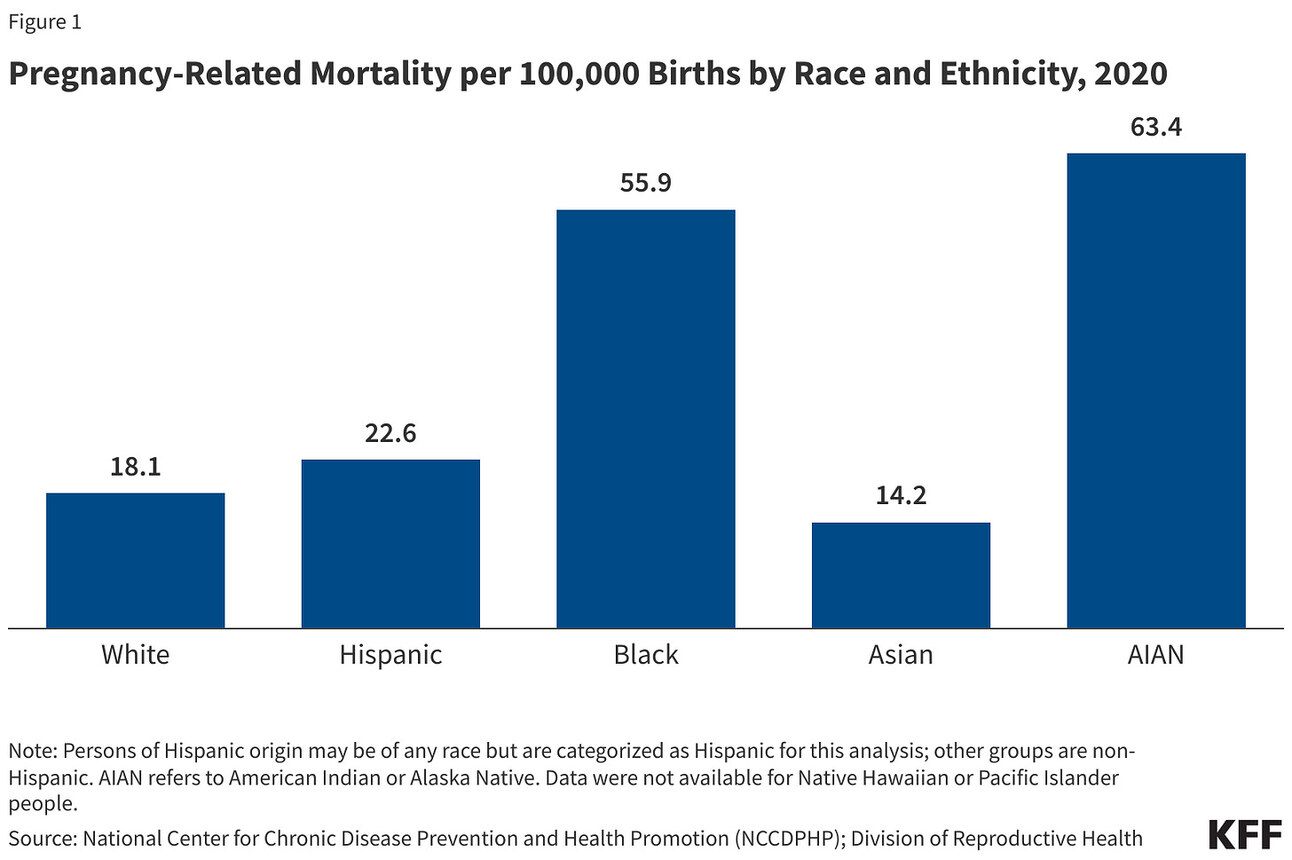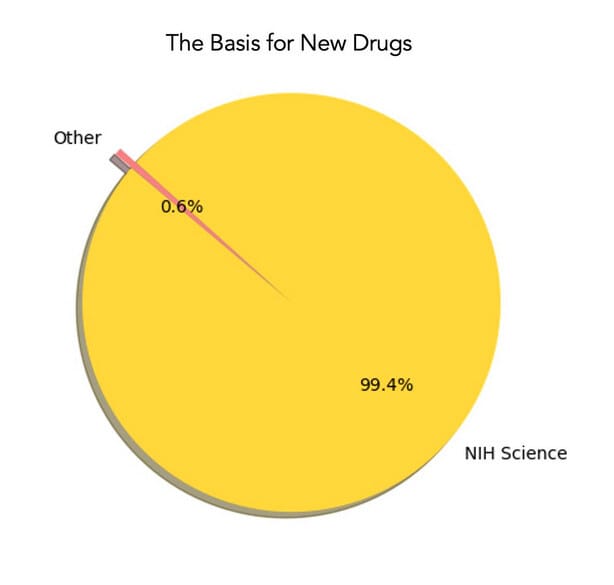- White Coat Underground
- Posts
- Does Race Matter In Healthcare?
Does Race Matter In Healthcare?
Of course it does! Here's how...
Early in the covid pandemic, Beaumont hospital did something very good—they published daily updates on hospitalizations, ICU admissions, and deaths related to covid. As the data accumulated one trend became very clear—Black people were getting covid more than white people, and they were getting sicker. The reasons for these trends are probably complicated but are probably not due to an “unhealthier lifestyle” among Black patients, or to some sort of biological difference between Black and White patients. One of the strongest correlations was lack of health insurance which was a significantly higher among Black patients. But there are many other facets to the inequities in healthcare faced by minorities in the US.
Covid is not unique in this regard—Black women in the US are far more likely to die in pregnancy, childbirth, and the postpartum period than white women, and this trend holds regardless of income or education level.

It’s no secret that the current administration has taken a chainsaw to federally funded scientific research—they’ve bragged about it. They have especially targeted research into health disparities. Without NIH-funded science, we wouldn’t know what we do about health disparities and we wouldn’t be able to track and mitigate the trends that cause minorities in the US to have poorer health outcomes.
We can’t solve a problem without knowing what causes it or whether it even exists, and we can’t fund biomedical research without NIH dollars.

If studies into healthcare disparities can’t get funding, people will die needlessly. They will also become ill, disabled, and die in ways that are disproportionately bad for minorities.
NIH-funded research saves lives, and we can’t save those lives if we stop studying racial and ethnic differences in health. Research that focuses on topics like gender (a word that isn’t allowed at the CDC anymore), race, and ethnicity is being disproportionately defunded. And this matters.
Stay well.
-pal